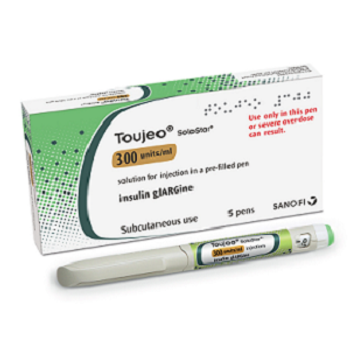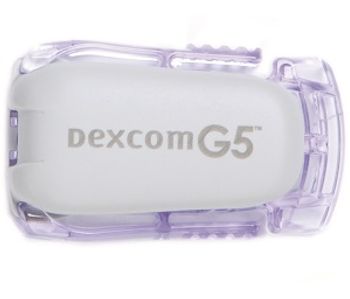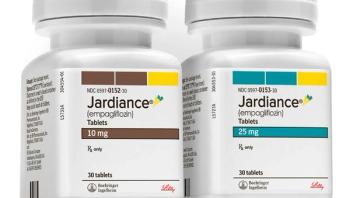
Diabetes
Latest News
Study Explores Mechanism Linking Statin to Reduced Tumor Size in Endometrial Cancer
Latest Videos

CME Content
More News

The study compared patients taking semaglutide with those taking placebo and liraglutide, which is approved for treatment of obesity.



New health statistics from the US government paint a picture of a population that is more obese and more prone to diabetes than it was 20 years ago. On the bright side, however, more people have health insurance.

CVD-REAL, the giant study of real-world evidence comparing sodium glucose co-transporter-2 (SGLT2) inhibitors with other glucose-lowering drugs to treat type 2 diabetes, found a 49% lower risk of all-cause death and a host of other benefits across 6 new, more diverse countries, the study’s lead author told a packed room Sunday at the 67th Scientific Session of the American College of Cardiology in Orlando, Florida.

The study will be presented during the 67th American College of Cardiology Scientific Session in Orlando, Florida.

HHS Secretary Alex Azar said the administration will announce actions to lower healthcare costs, as well as a move to give patients control of their data; doctors and patients with chronic pain oppose proposed prescribing limits sought by CMS for opioids; doctor groups are disagreeing about blood sugar targets for patients with diabetes.

On Friday, Novo Nordisk announced the results from PIONEER 1, a phase 3a trial featuring oral semaglutide for treatment of adults with type 2 diabetes (T2D). Oral semaglutide is a new glucagon-like peptide-1 (GLP-1) analogue taken once daily as a tablet, making this investigational therapy the first oral treatment in this class.

Early Look at ACC Navigator Program Shows Inpatient Mortality Drops as Hospitals Take Positive Steps
In the next phase of the program, researchers will dig into the data they have gathered so far to identify the best practices for reducing 30- and 90-day readmission rates.

There is a lot of energy around educating consumers about their risk for type 2 diabetes, explained Brenda Schmidt, CEO of Solera Health.

Every week, The American Journal of Managed Care® recaps the top managed care news of the week, and you can now listen to it on our podcast, Managed Care Cast.

This week, the top managed care stories included a report from CMS that found healthcare spending will rise 5.5% over the next 8 years; the budget deal passed by Congress included a number of provisions with long-term health impact; a study found eating a low-carb could help reverse type 2 diabetes.

Patients with diabetes receiving insulin treatment with lower cost sharing for blood glucose testing strips were more likely to achieve glycemic control than those with higher cost sharing.

Flatiron Health expects to maintain its current business model in the transaction.

The study used a claims database to examine records from patients who switched between long-acting insulins.

Language in the new government budget ensures effective changes to CMS' Competitive Bidding Program for diabetes testing supplies that will benefit patients with diabetes.

Such a large drop in Americans' sense of well-being in their daily lives in a time of economic good fortune is unprecedented, index organizers say.

Of the 262 patients with type 2 diabetes in the intervention, 83% stuck with it through the first year, despite significant requirements.

An individual’s body mass index (BMI) can increase when exposed to counties with a higher prevalence of obesity, according to a study published in JAMA Pediatrics.

Despite an official policy since early 2017 that calls for Medicare to cover CGM for certain beneficiaries with diabetes, an attorney who won a landmark case prior to the policy change reports that beneficiaries are still being denied coverage.

Every week, The American Journal of Managed Care® recaps the top managed care news of the week, and you can now listen to it on our podcast, Managed Care Cast.

This week, the top managed care news included President Donald Trump vowing to lower drug prices during his State of the Union address; 3 corporate giants joined forces on healthcare; and CAR T-cell therapy was named the cancer advance of the year.

Empagliflozin (Jardiance) and another SGLT2 inhibitor, canagliflozin (Invokana) have been competing aggressively; both have clinical trial results showing cardiovascular benefits.

Officials at Omada Health said the PREDICTS trial was planned long before CMS decided not to include virtual providers in this spring's launch of the Medicare Diabetes Prevention Program. But a spokesperson said the company hopes the growing body of evidence in support of virtual programs will "assuage any concerns."

The pairing will give employers and health plans "holistic" solutions for chronic disease management, according to CEOs of the companies.














